Revolutionary genome mapping tech targets childhood brain cancers
"We will be able to make a more specific diagnosis, better classify the cancer, give a better prognosis and enable better therapy choices," says Ravindra Kolhe, MD, PhD.

The overall goals of the Molecular Oncology research program are to understand the fundamental cellular and molecular processes that contribute to cancer development and progression.
Normal cells have intricate molecular mechanisms that control essential phenotypes such as differentiation, cell division and movement. The molecular pathways that control these phenotypes are disrupted in cancer cells as a result of the expression of oncogenes and loss of regulatory tumor suppressor genes. These events, which are often highly specific to individual types of cancer, disrupt specific molecular pathways that result in uncontrolled cell growth and loss of normal responses to extracellular signaling cues that result in tumor development and progression.
The research interests of the program can be divided into three broad themes:
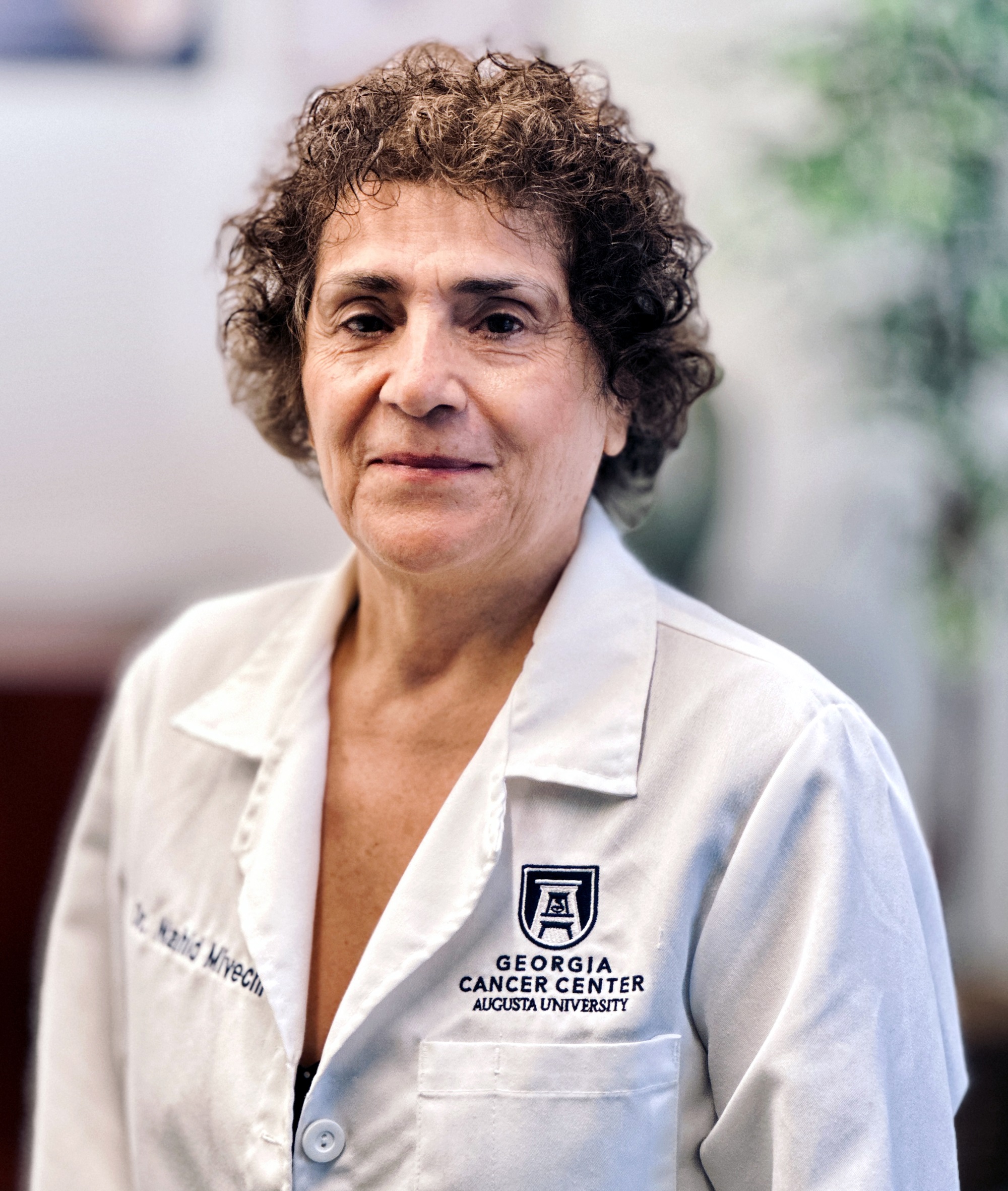
706-721-8759
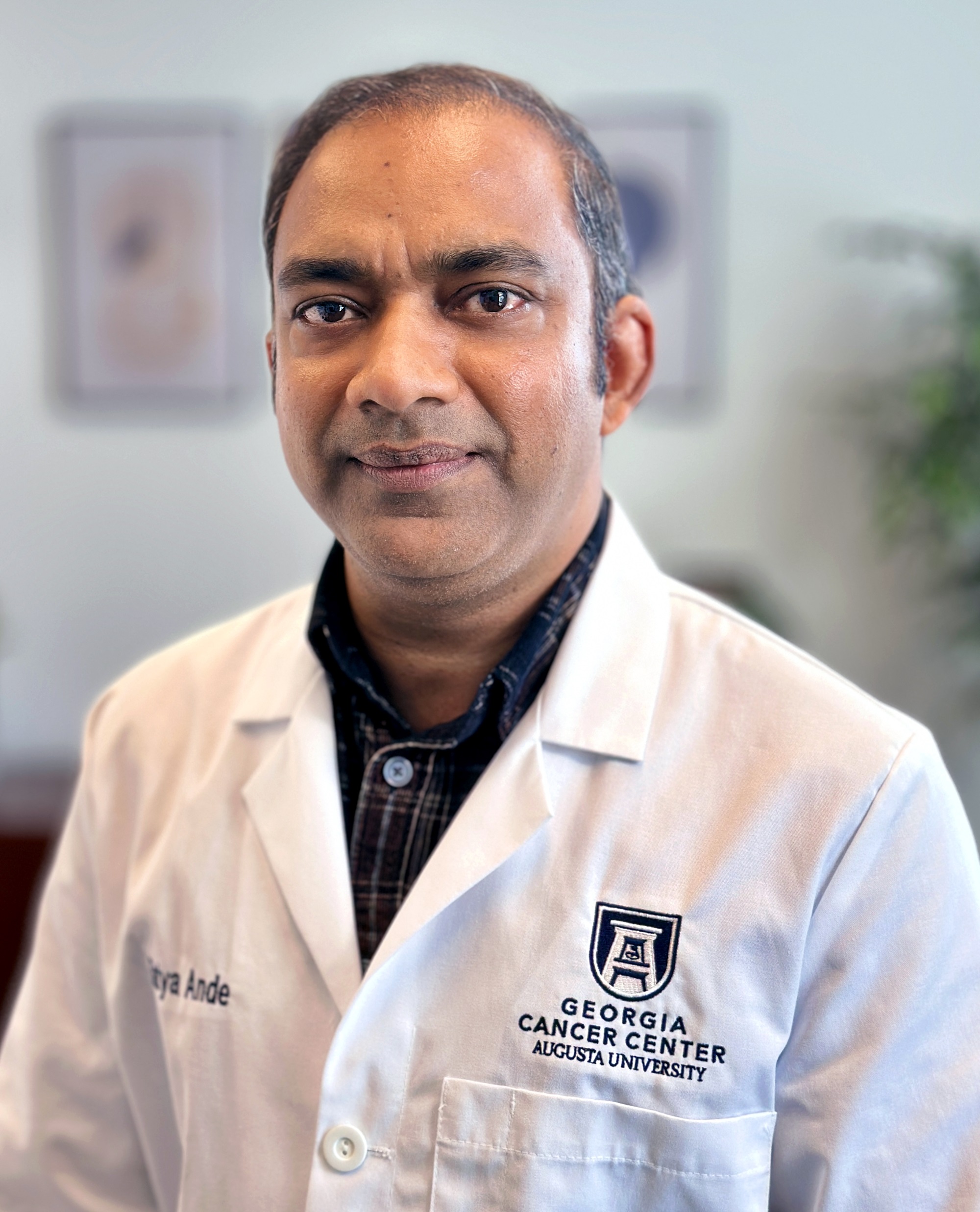
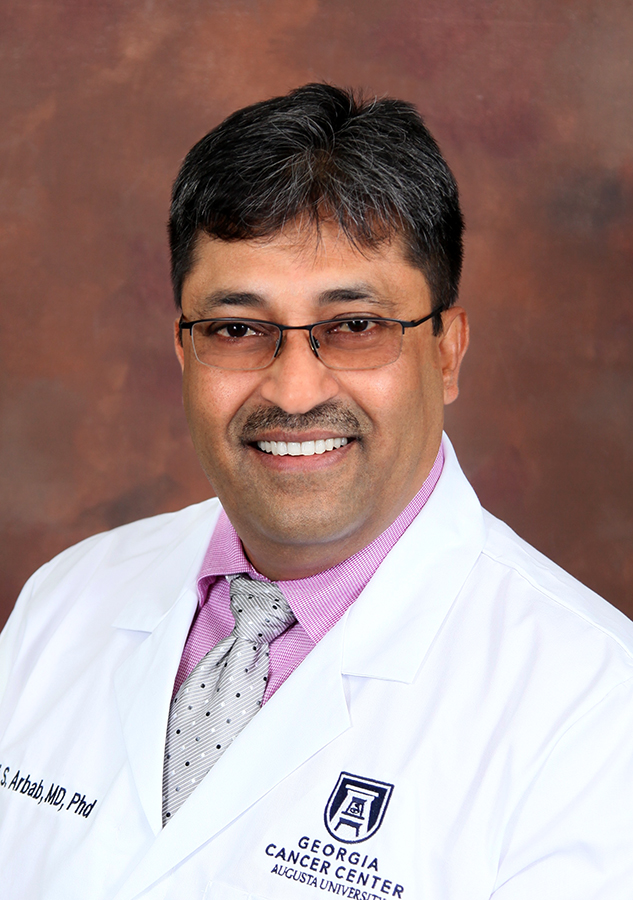
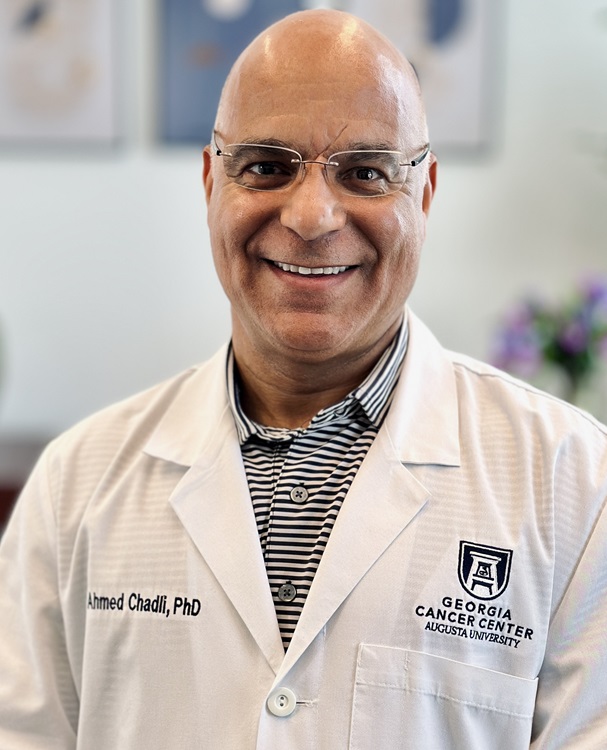
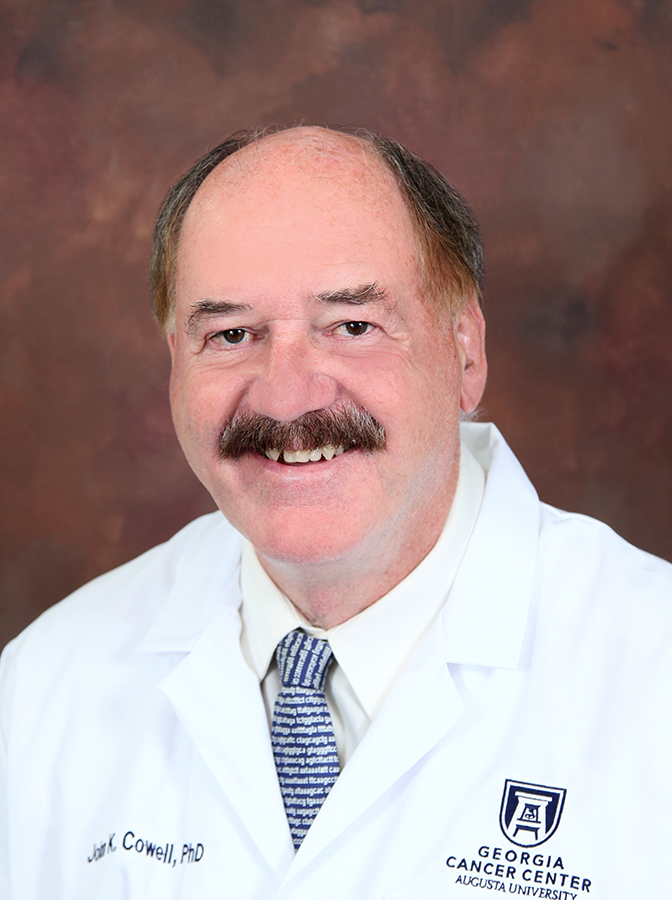
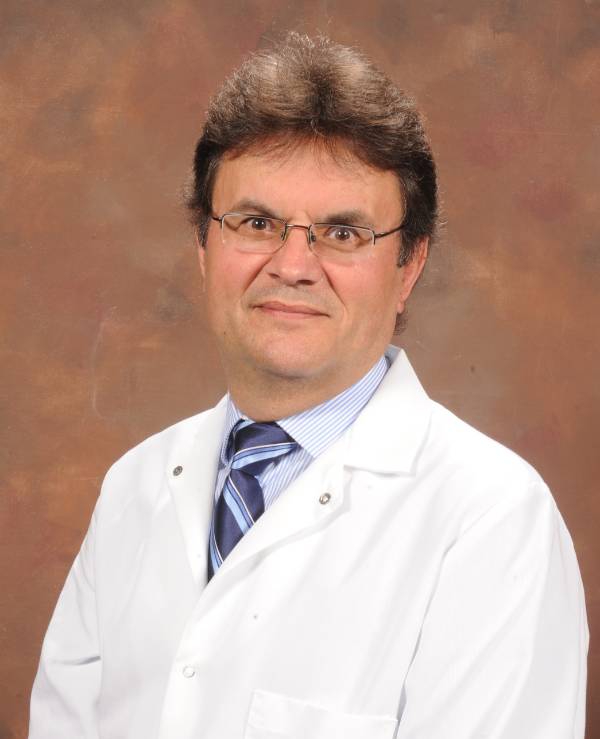
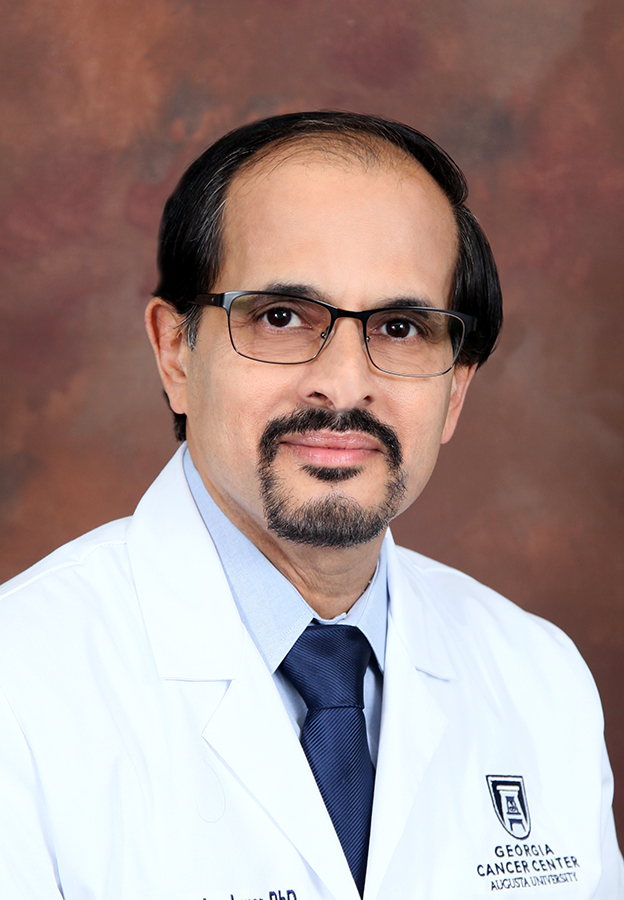
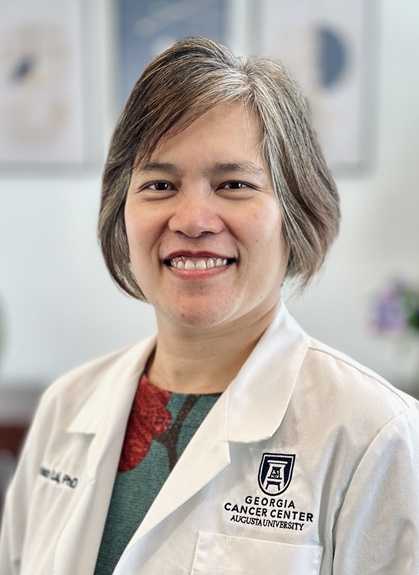
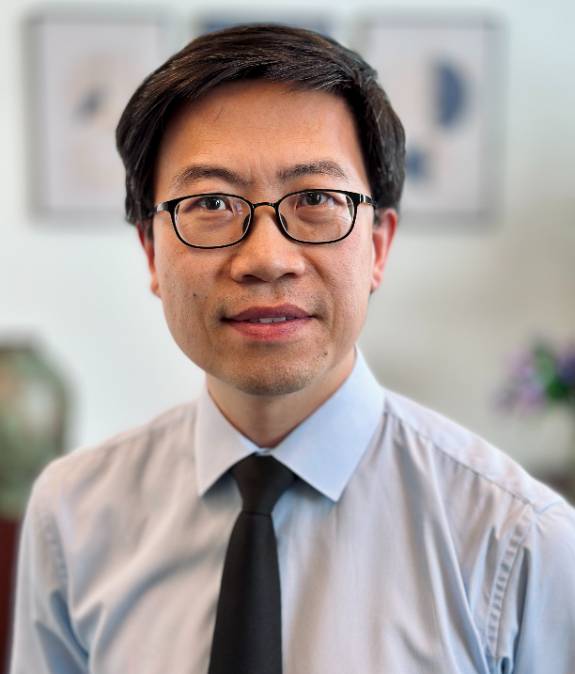
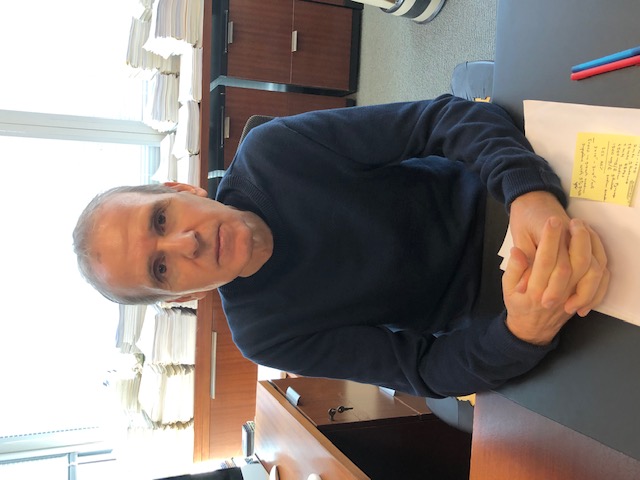
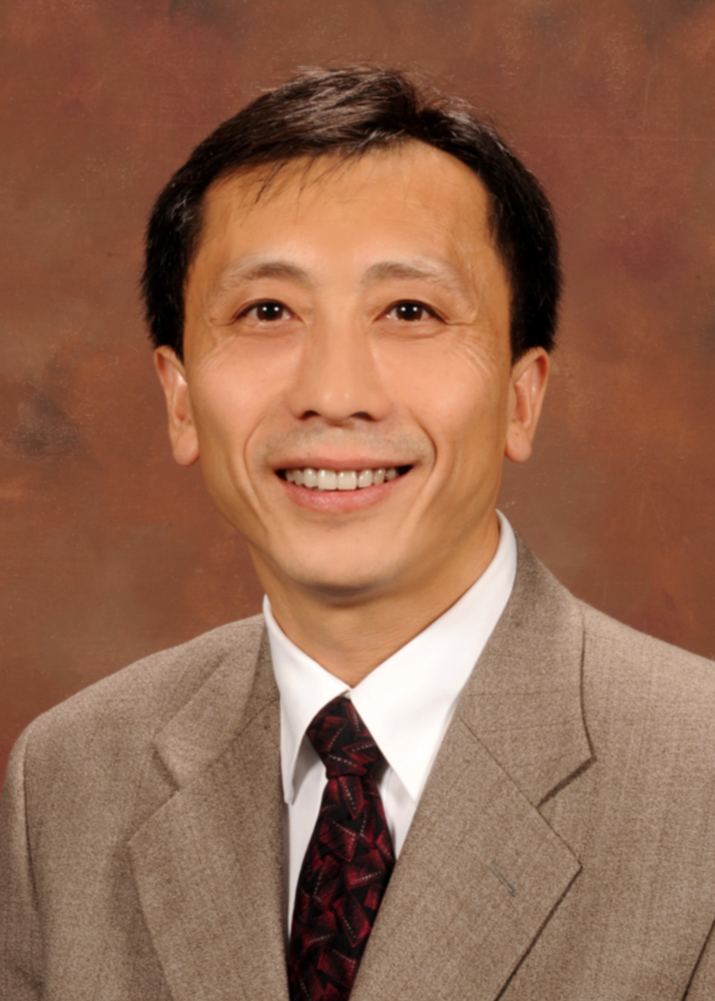
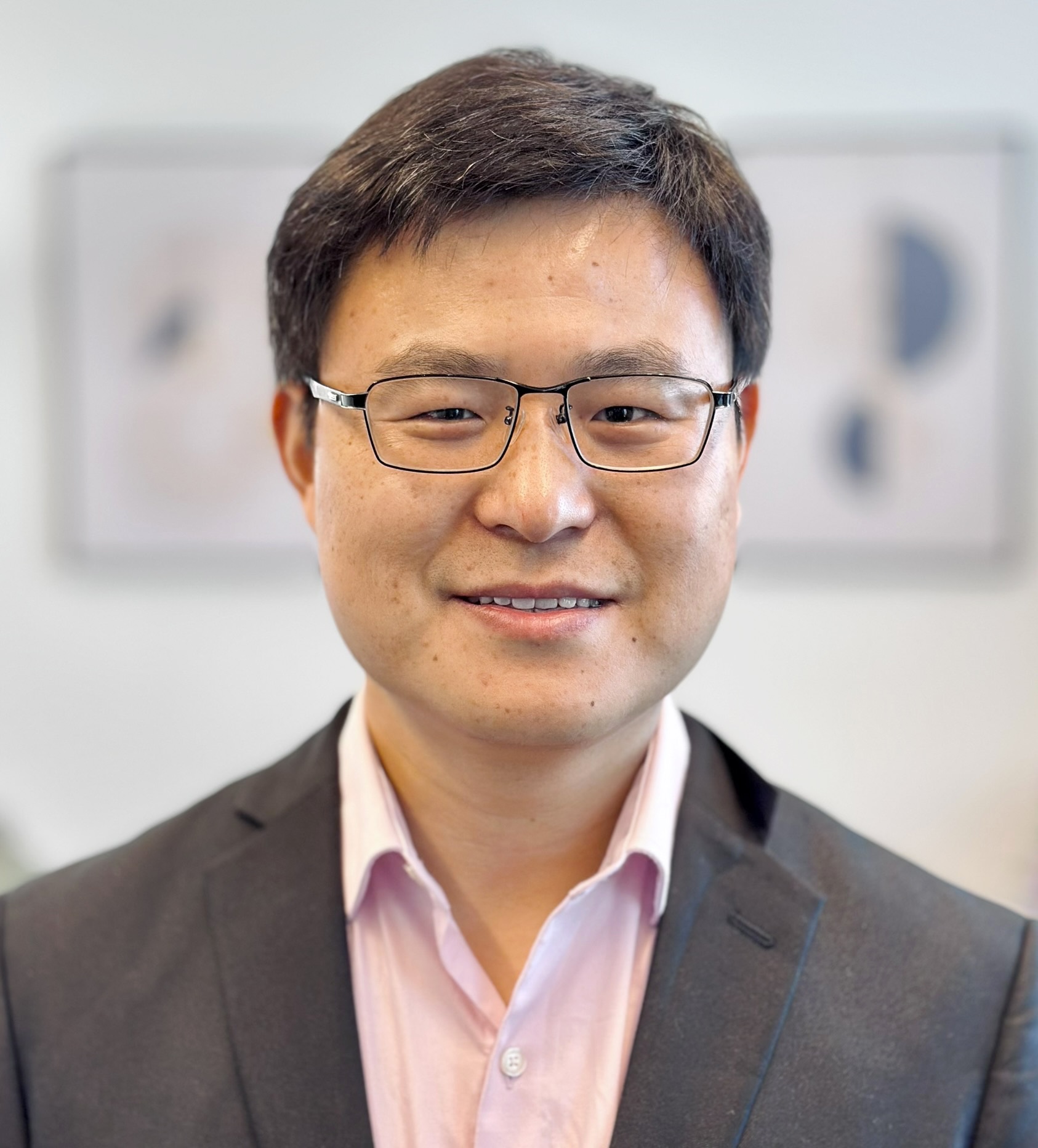
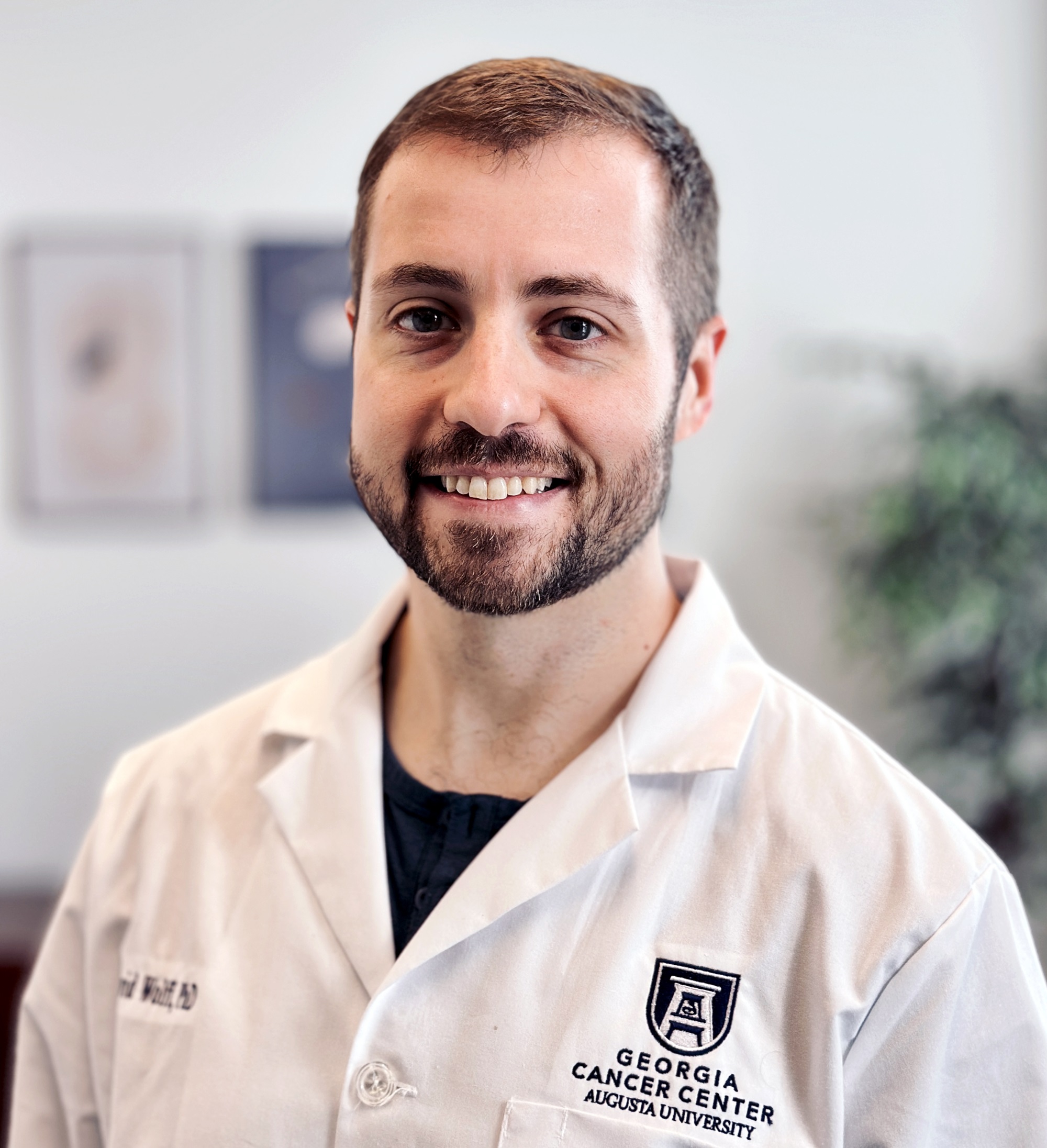
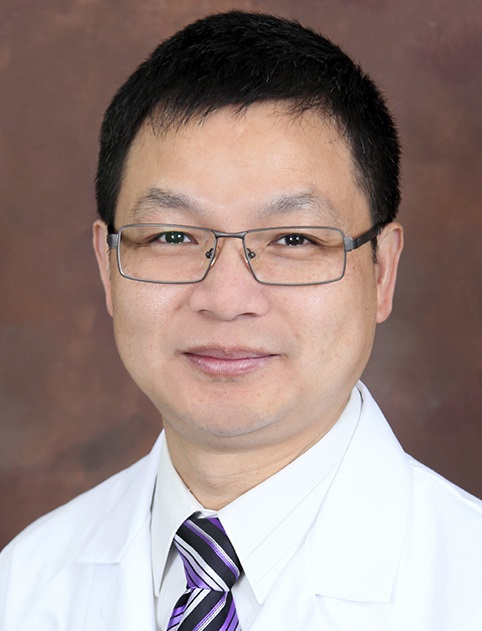
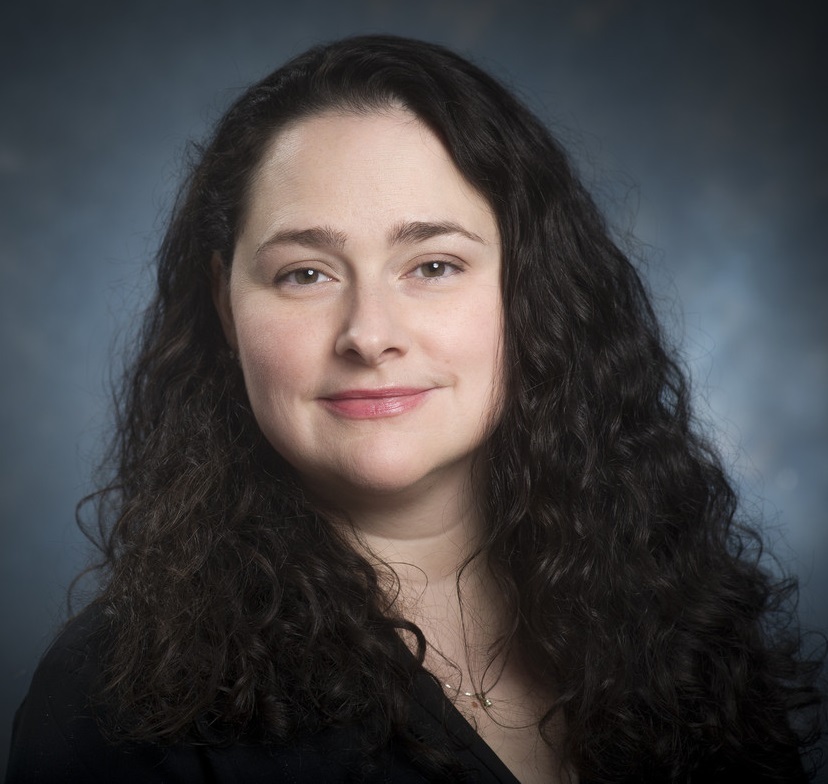
Hope M. Amm, PhD
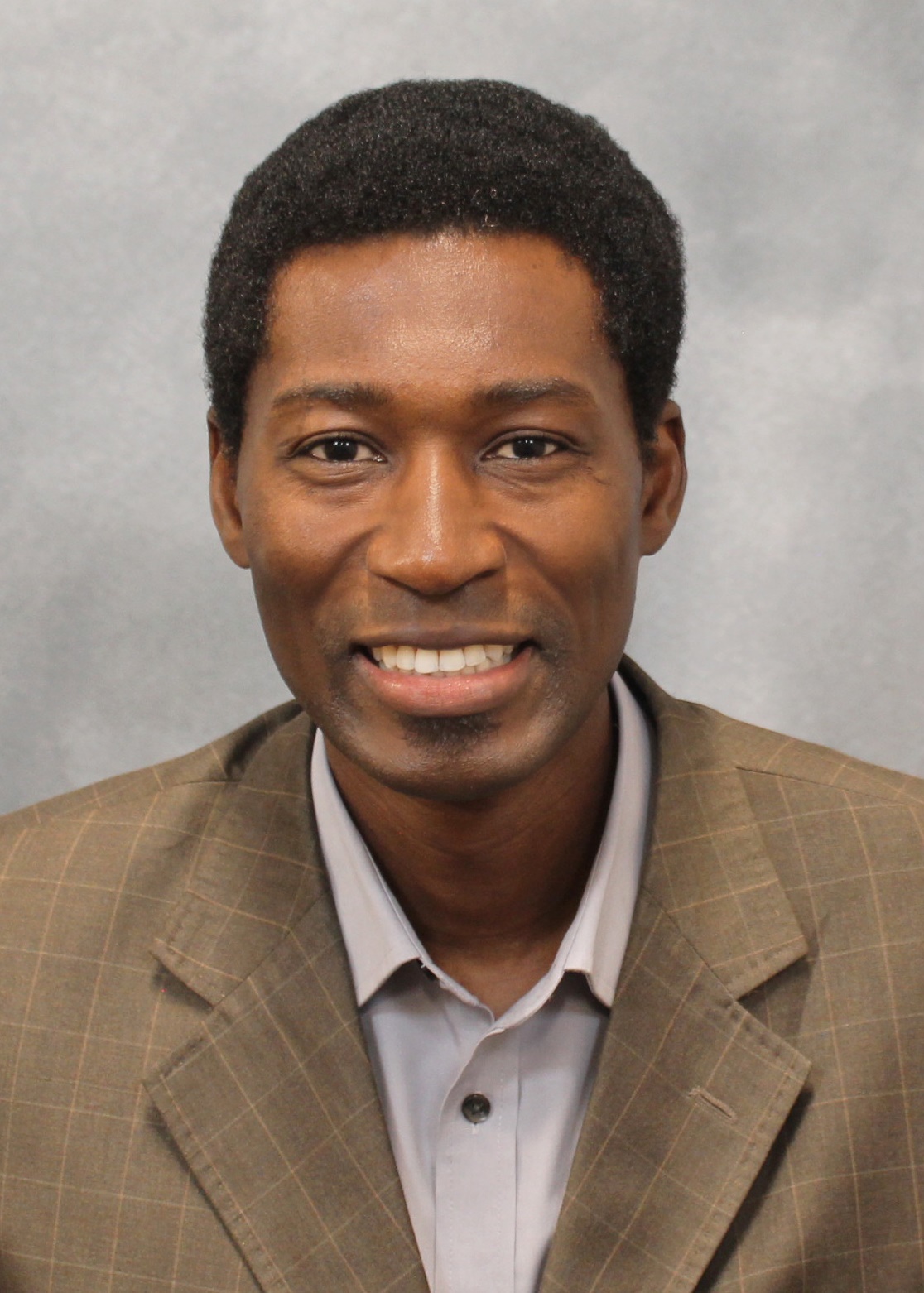
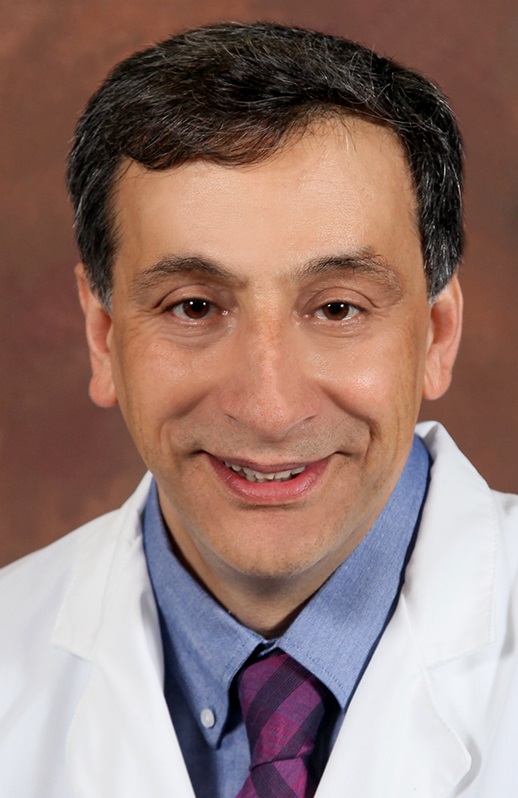

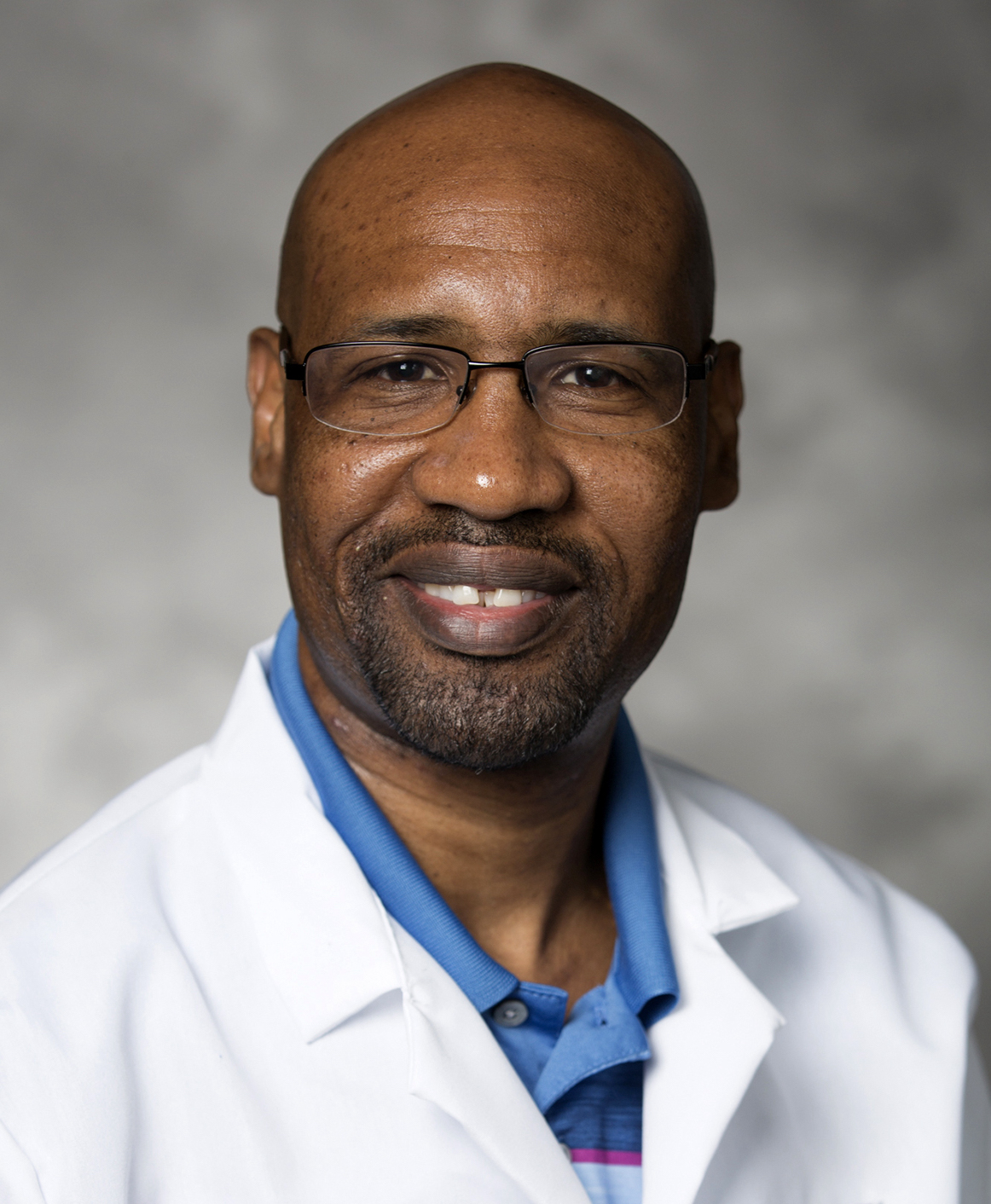
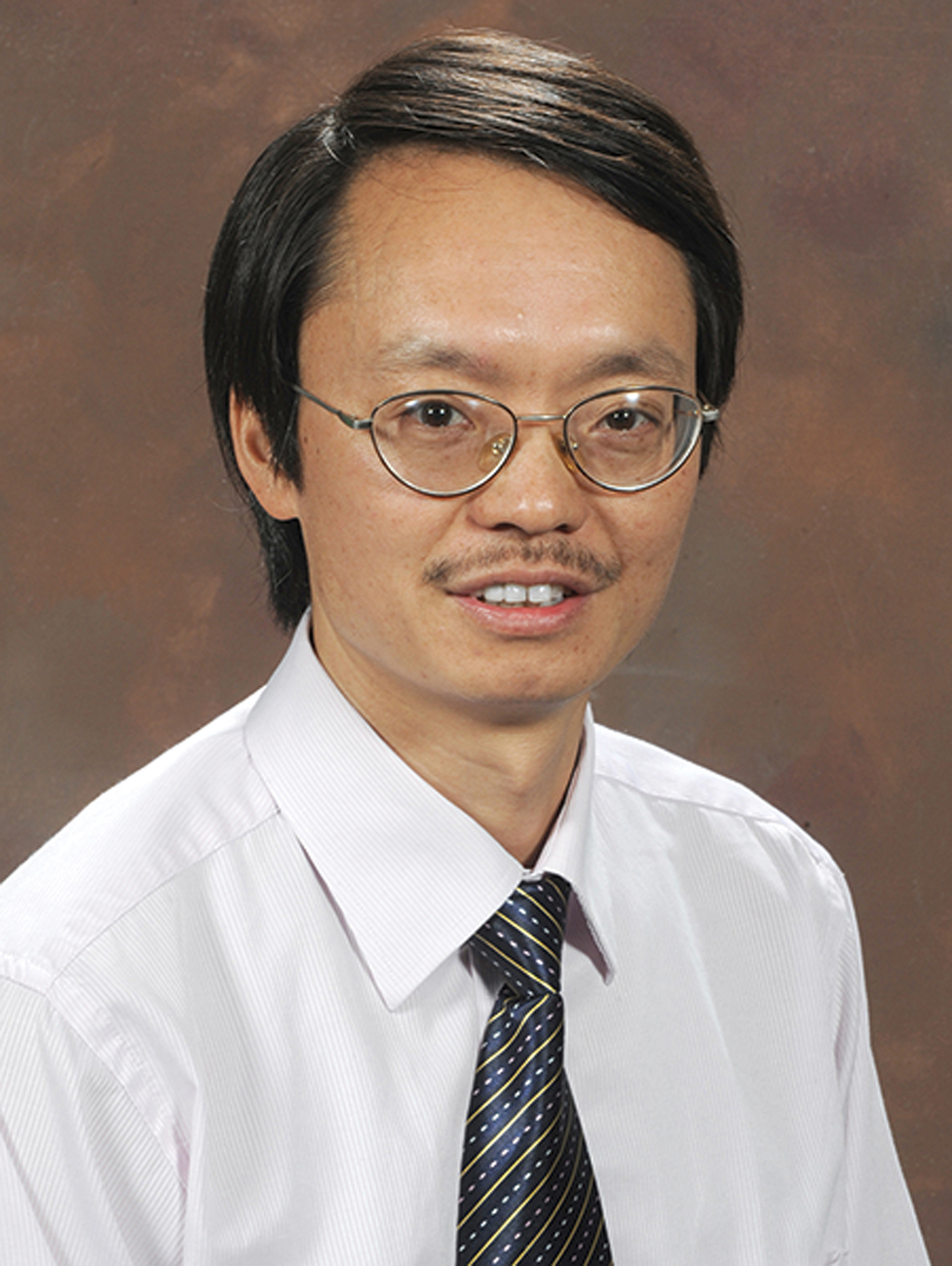
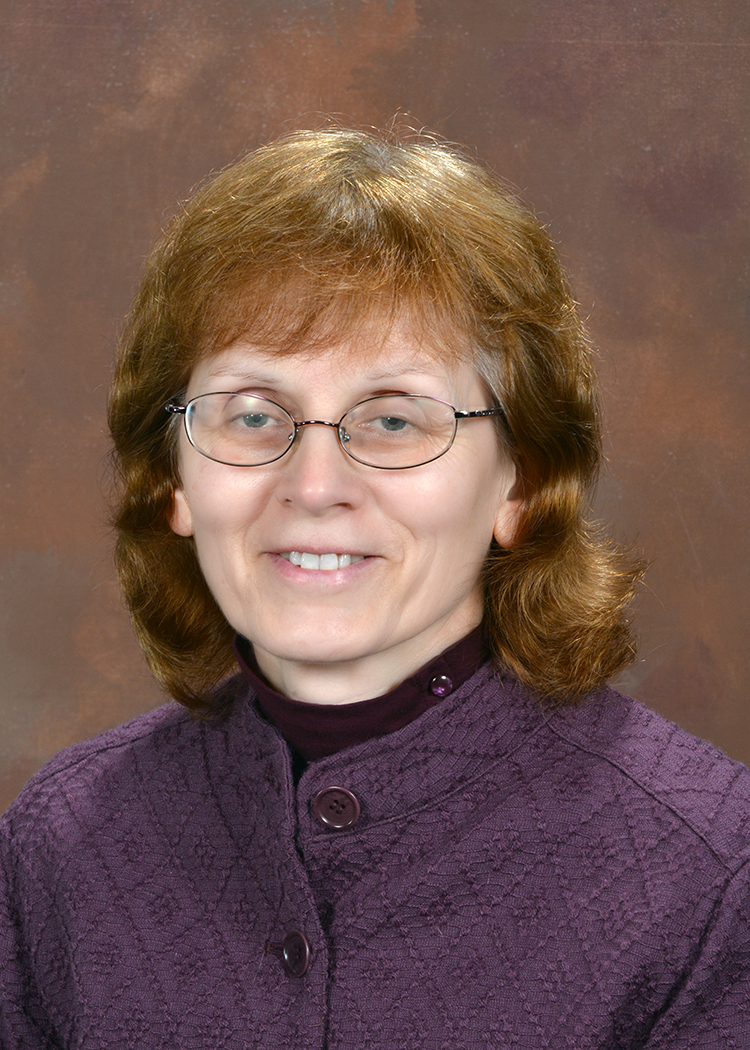



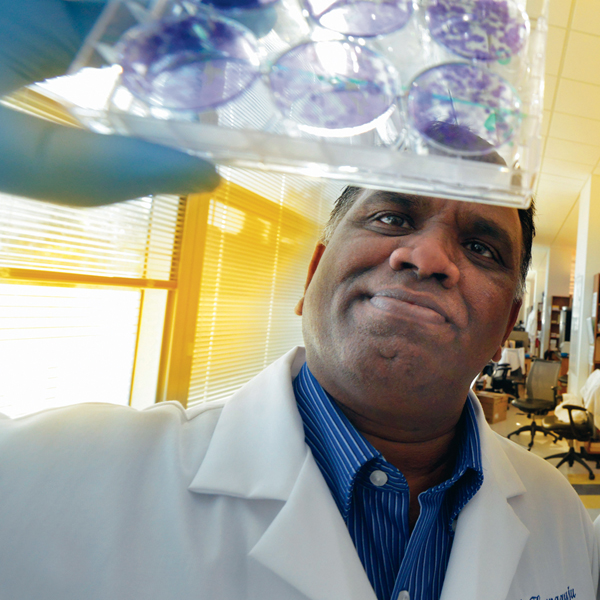
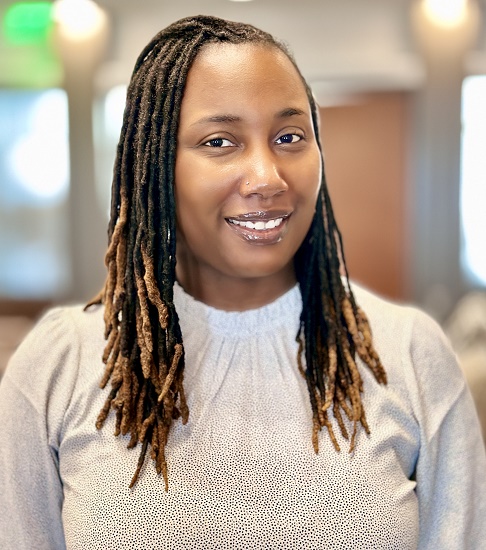
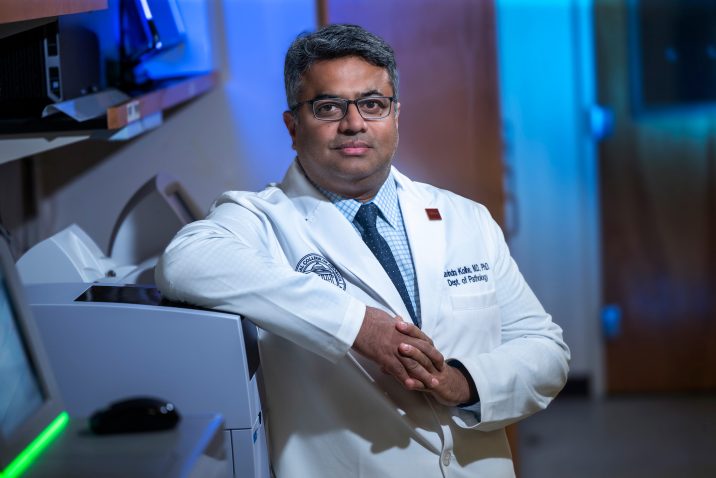
"We will be able to make a more specific diagnosis, better classify the cancer, give a better prognosis and enable better therapy choices," says Ravindra Kolhe, MD, PhD.
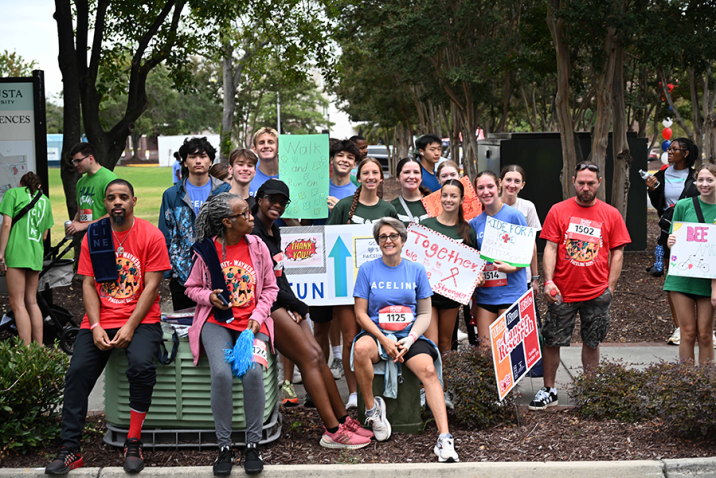
"It was wonderful seeing so many coming together to celebrate the people participating in PaceDay 2025," says Jorge E. Cortes, MD.
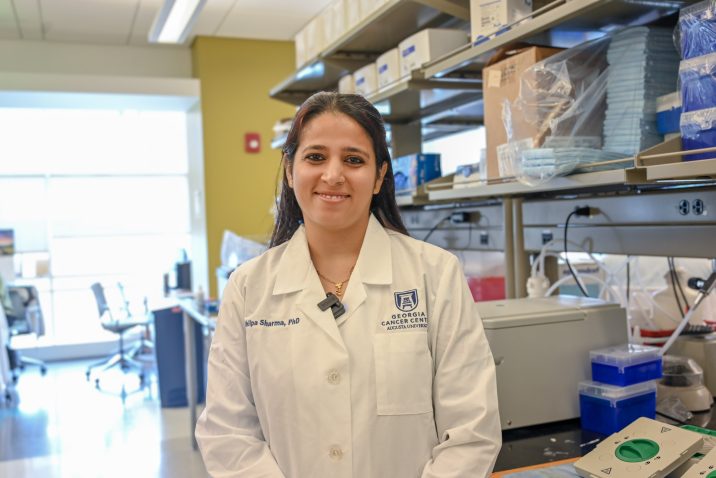
"This is a newer treatment approach, but the initial results have been promising," says Shilpa Sharma, PhD.

In addition to the bike ride and 5K run/walk, there will also be stationary bikes with an instructor offering several spin class sessions during the day.
The Georgia Cancer Center at Augusta University is dedicated to reducing the burden of cancer in Georgia and across the globe through superior care, innovation, and education. Through unprecedented expansion, the Georgia Cancer Center is providing access to more first-in-the-nation clinical trials, world-renowned experts and life-saving options.
Follow the Georgia Cancer Center